Top 3 Anya Forger Speech Flubs: Exploring Japanese Translation through Spy x Family
Carl LiShare
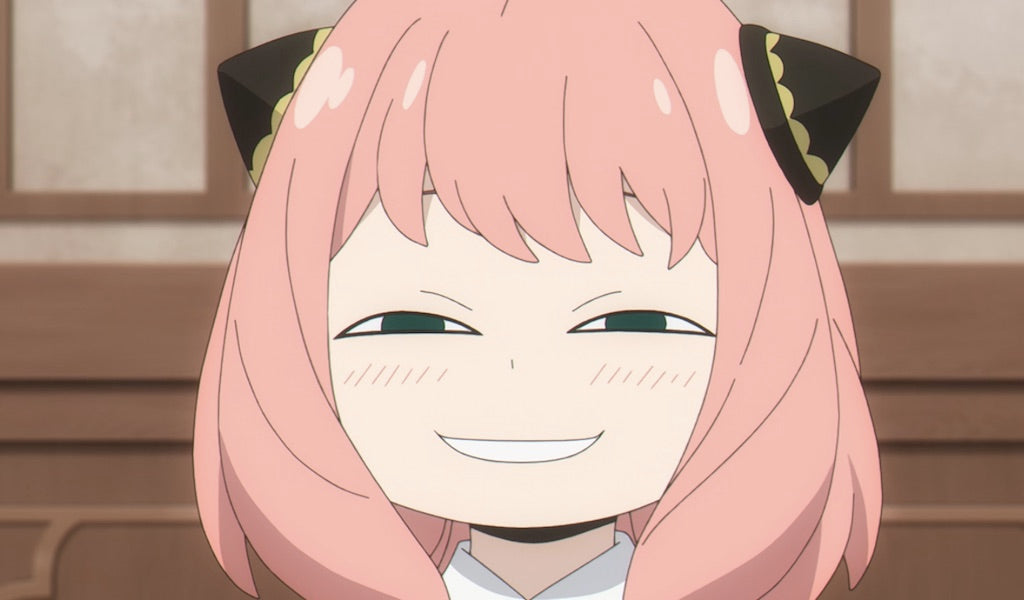
1) Papa, Mama
In English, Anya calls her erstwhile parents, Loid and Yor, “Papa” and “Mama.” In Japanese, however, she says “Chichi” and “Haha.” While both those words technically mean “dad and “mom,” they’re typically used when mentioning your own parents to outsiders. Anya, in turn, uses it even when addressing her parents. It’s sort of like saying “Hello, my dad” to your own father.
2) …Please.
When the family goes to interview in the hopes of enrolling into the elite Eden Academy, Anya starts trying to speak more formally. In English, this is translated as her ending every sentence with “please” even when it doesn’t make sense, and it works because it conveys an awkward yet earnest attempt. In Japanese, Anya appends the verb ending –masu to everything. Japanese has both formal and informal endings to words that depend upon politeness, hierarchy, and level of familiarity (among other things). While -masu is formal, the way Anya uses it isn’t. For example, instead of saying the more appropriate and grammatically correct daijoubu desu (“I’m okay”), she says daijoubumasu (roughly “I’m going to okay”).
3) Six Years Old
When Loid is looking for a child to adopt at the beginning of the series as part of his spy mission, Anya reads his mind and finds out that Loid is looking for someone at least six years old. Anya then immediately blurs out “Six.” In English, this might not seem like she said anything strange, but Anya actually uses the incorrect word for “six years old.” In Japanese, different types of things are counted using different words, and they can get fairly specific. (a headache for many learning certain languages such as Japanese). The counter for age is sai, and so “six years old” is rokusai. However, Anya says muttsu, which is a basic and generic version of “six.” The meaning gets across, but it’s not technically correct.
Translation Limitations Can Be a Good Thing
Translation is inevitably more art than science, and Spy x Family is no exception. It’s about trying to find the right balance between keeping faithful to the original language and communicating in a way that’s understandable in the target language despite deep linguistic differences. There’s no such thing as a perfect localization, and the English translators working on this series had to make decisions on how to convey the quirks of Anya’s speech. Rather than it being a “mistake” or “shortcoming,” I see it as a great way to compare languages and to take joy in the art of communication.
PS: If anyone has any insight into how Spy x Family has been translated into other languages, and how Anya’s speech has been adapted, I’m all ears!
You Might Be Interested in Reading These:
THE BEST SHOUNEN SUPERHERO: WHY IT’S EASY TO LOVE DEKU FROM MY HERO ACADEMIA
MOBILE GAMES ARE TEMPORARY, BUT THEIR ANIME ARE FOREVER
THE GENUINE GREATNESS OF BOJJI: RANKING OF KINGS AND HOW PEOPLE PERCEIVE DISABILITIES
Special promotion code:
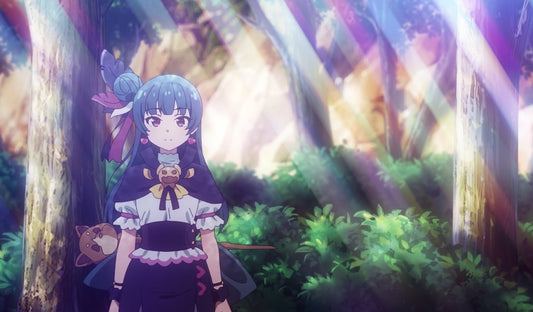
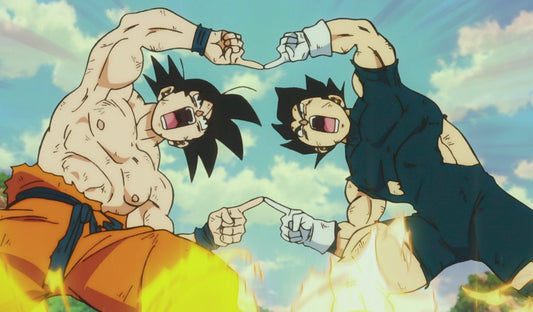
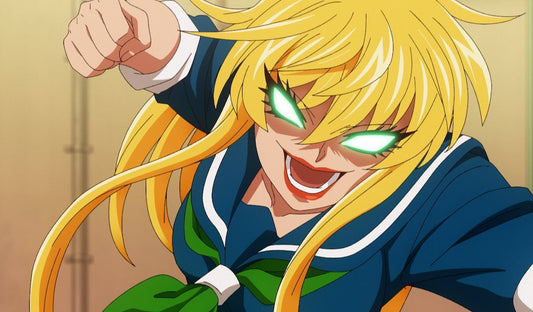
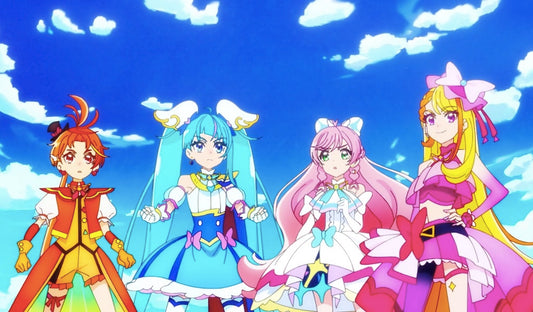
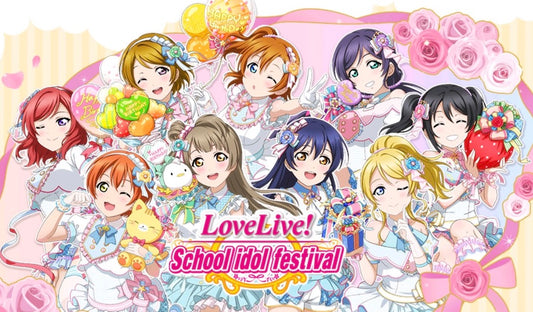
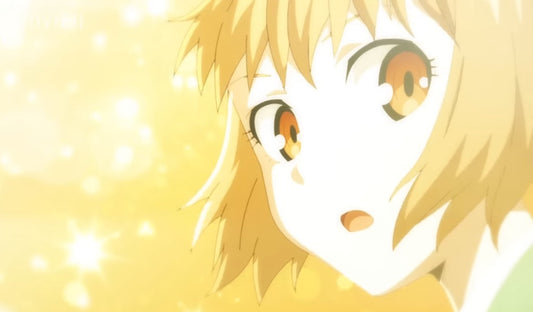
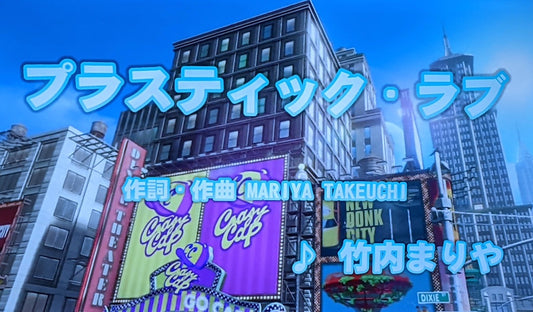
2 comments
This was an interesting read. As someone who loves languages, I enjoyed getting this extra insight into the art of translation, and I appreciate how respectful you were of the localization team’s efforts, as it’s definitely a challenging art.
I have yet to see the second season myself but am excited for it, and I hope you’ll update this for it, like the last comment suggested.
You’re gonna have a field day updating this for season 2. I am utterly clueless in regards to Japanese, yet I can’t get over how wrong yet adorable her various greetings sound to me. The subtitles just translate them as ordinary greetings though.